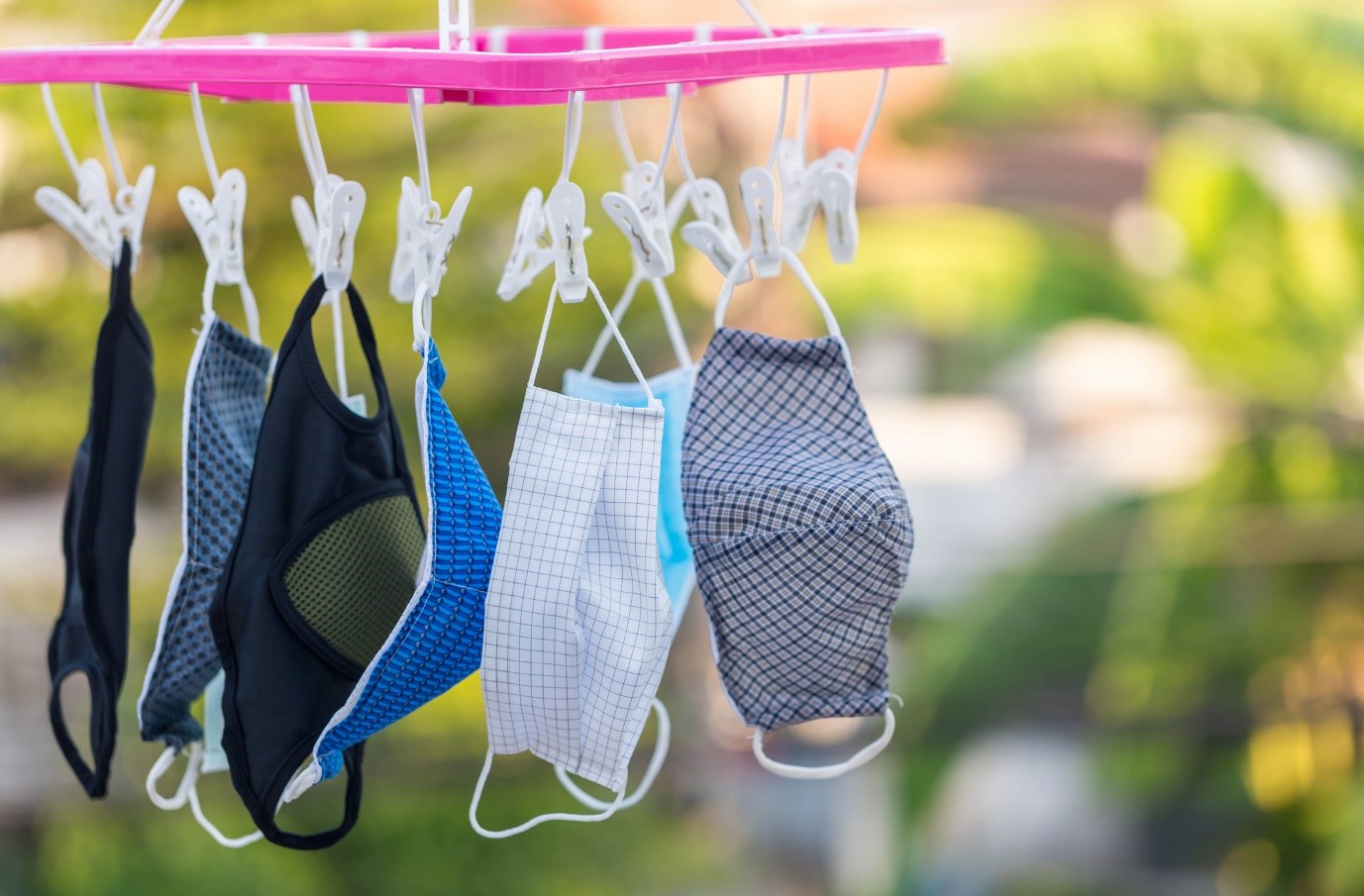
What happens when staying at home is not pleasant, or even safe?
Francisco Sanz
July 26, 2020, 10:42 p.m.
Written by Jose Uribe
The whole world is trying to cope with the COVID-19 virus, some are still in lock-down, some are trying to regain some sense of normalcy. There is much discussion about the effects and how long we may suffer under them, but I think there is also room for optimism. On an individual level, people have become more aware of their homes and their vulnerability. People are ‘nesting’, investing in their homes, perhaps for comfort or safety. At a social level, this has translated into a growing realisation of the fragility of our current state of the world, which has been taken for granted. This could be a much-needed catalyst for citizen science and stakeholder engagement methods to become a part of a standard approach towards resolving difficult environmental and social issues.
Asking people to stay at home does not sound like a great sacrifice. But what happens when staying at home is not pleasant, or even safe? In our project, D-NOSES, we like to think we defend the direct environment in which we live and spend most of our time – our homes, neighbourhoods, and cities. Not against a direct threat like the current virus, but against odours that can be a pervasive problem with significant health and economic effects. Odour problems that tend to disproportionately affect the weakest in our societies. For example, our pilot project in the traditionally depressed ‘forum’ area in Barcelona, whose residents are constantly surrounded by foul odours stemming from 5 different waste management treatment plants. Odours can also indicate pollution, like in our pilot in Portugal where smells are being used to track down illegal waste dumping in a local river.
The EU Convention of Human Rights recognizes the ‘Right to respect for private and family life, home and correspondence’ codified in Article 8. This has been used by courts to hold governments accountable for not protecting the sanctity of their citizen’s homes from all forms of undue intrusions and problems including pollution, noise and even smells. The article does not state that there should be complete protection from every possible threat, but that governments should strive to strike a balance between the competing economic, health, and social interests in each case.
Citizen Science can bridge regulatory gaps by providing the inputs for a balanced discussion and engagement with stakeholders, much like Article 8 suggests. Leading to practical compromises that consider the local context, rather than settle for a summary judgement based on one-size-fits-all laws and regulations. Yes, this is idealistic. In the same way that people are discussing how to structure economic recovery packages to make it a ‘green’ recovery, perhaps citizen science proponents can also make use of the momentum and social focus that will go to health and safety concerns in the post-COVID. Maybe we can empower citizens to take responsibility for their own environment and be part of those balanced choices that will have to be made in the future – making it not just a ‘green’ recovery but a ‘balanced’ one too.